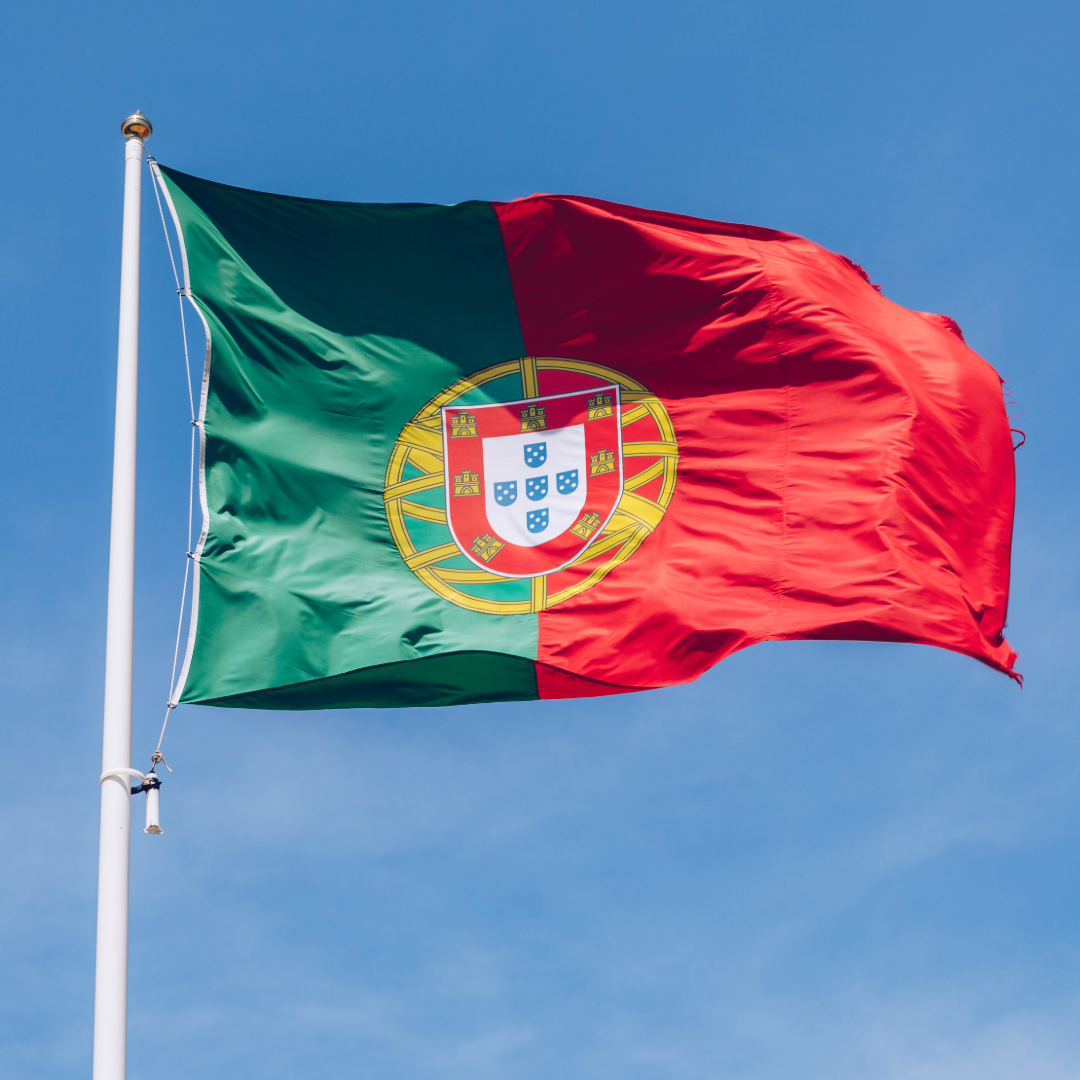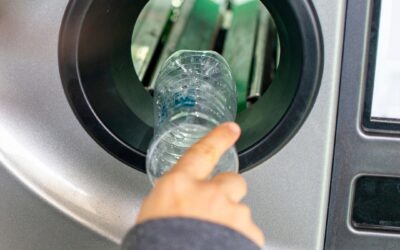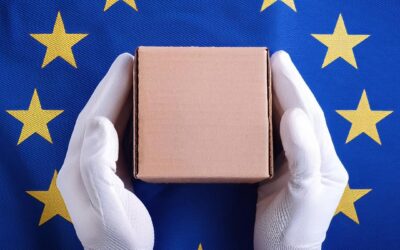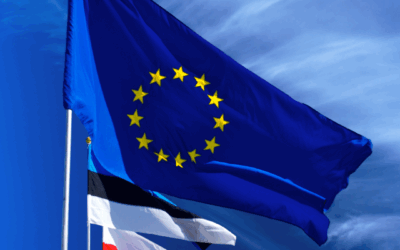Packaging law Portugal: EPR obligations for retailers & manufacturers explained



Sustainability and environmental protection are increasingly taking centre stage in the EU – and so is extended producer responsibility (EPR). Packaging licensing regulations apply in many European countries, and Portugal is no exception. Companies that deliver packaged goods to or from Portugal must ensure that they comply with the EPR regulations that apply there. But what does this mean in concrete terms? Retailers and manufacturers are obliged to register, licence and label their packaging in Portugal. Those who do not comply with these requirements risk fines or even sales bans.
In this article, we explain which EPR obligations apply in Portugal, how the registration process works and what labelling requirements there are for packaging.
Extended producer responsibility in Portugal - the basics
EPR in Portugal is based on the Portuguese Packaging Act (Decreto-Lei n.º 152-D/2017), which implements the EU directives on waste prevention and the circular economy. This results in several obligations for companies:
- Registration with an authorised take-back system (“Sistema Integrado de Gestão de Resíduos de Embalagens ’, or SIGRE for short).
- The correct labelling of packaging to inform consumers about recycling requirements.
- The appointment of an authorised representative by foreign retailers to fulfil the obligations in Portugal.
The EPR aims to make waste management in Portugal more efficient and reduce the environmental impact by making manufacturers responsible for the environmentally sound disposal of their products.
Obligations for retailers & manufacturers
According to Decreto-Lei n.º 152-D/2017, all companies that place products on the Portuguese market are obliged to register. There are no volume or turnover thresholds. This also applies to manufacturers from other countries who sell directly to end consumers in Portugal. If their products are imported by a Portuguese company, the importer must fulfil this obligation, and registration and notification must be carried out via the environmental authority APA in Portugal. The packaging quantities must also be licensed with an EPR system.
Please note: At the end of 2025, the EPR product categories in Portugal will be expanded to include furniture, mattresses and certain products for self-catering at home. Registration and licensing obligations will also apply here.
Authorised representative
Since 2022, companies based outside Portugal have been obliged to appoint an authorised representative in Portugal to fulfil the legal obligations on behalf of the company.
Obligations for commercial packaging
Since January 2025, industrial packaging – i.e. packaging that is not intended for private end consumers but is used in industrial contexts – must also be licensed in Portugal. Companies that place industrial packaging on the Portuguese market have been obliged since 1 January 2025 to
- register with the competent authorities,
- prove their participation in a take-back system.
Consequences of violations of the EPR in Portugal
If a company fails to licence its household packaging in Portugal, it could face fines of up to €50,000 and a ban on distribution. It is therefore essential to carefully fulfil the legal requirements. This is the only way to ensure smooth distribution in Portugal.
Labelling requirements for packaging in Portugal
A new labelling requirement for packaging applies in Portugal. Previously, companies were able to provide disposal instructions on the website, in the instructions for use or at points of sale. This has no longer been the case since January 2025 in accordance with Article 28 of Decree-Law No. 152-D/2017.
What you need to know about the new obligations:
- Non-reusable primary and secondary packaging must be labelled with symbols for separate collection.
- There are no standardised symbols in Portugal. You are free to use your own symbols. However, you can use examples from the EPR systems as a guide.
- Alternatively, you can also use the labelling from Spain or the French TRIMAN logo. In this case, however, the texts must be translated into Portuguese and the country abbreviation ‘PL’ added.
Brief explanation: Primary packaging protects the product directly and contains information. Secondary packaging wraps the primary packaging, provides additional protection and facilitates transport and storage.
Conclusion: How to ensure EPR compliance in Portugal
In 2025, there were extensive changes to the EPR obligations in Portugal that affect you as a retailer. One of the most important changes is the introduction of mandatory labelling for packaging. The regulation offers flexibility, but requires clear and transparent communication of disposal information. In addition, the EPR obligations have been extended to commercial packaging. Companies that place such packaging on the market must ensure that it is properly licensed. However, the exact requirements for commercial packaging are not yet fully defined, which creates additional uncertainty for retailers.
For companies exporting or selling goods to Portugal, it is worth checking all EPR obligations before selling and appointing an authorised representative if necessary. This will ensure that all requirements are met and that nothing stands in the way of a successful market entry.

LIZENZERO.EU makes packaging compliance in Europe very easy.
Do you ship your products to different countries in the EU? Many different legal requirements and obligations can make the whole thing quite complicated – but don’t worry, we’ll do it for you. How do we do it? With our licensing service, we take over all obligations for you by power of attorney. Sounds good? We’ll be happy to advise you.
For shipping to Germany, you can easily fulfill your packaging obligations yourself via Lizenzero.de.
Deposit systems in the EU explained
Deposit systems show that simple solutions help to keep packaging in circulation and increase recycling rates. However, there are major differences within the EU: while countries such as Germany, Sweden and Finland have been using deposits for years and achieving high return rates, other Member States are still in the early stages.
Mandatory from 2026: The EU Authorised Representative for Packaging explained
Europe is an attractive but regulatory complex market. One of the more complex requirements is the appointment of an authorised representative (AR). The AR is the central interface between the manufacturer and the European market surveillance authorities. The authorised representative plays an important role in product safety and extended producer responsibility (EPR) and is therefore becoming increasingly important to ensure access to the market.
Authorised Representatives in Europe: Which ones are there and what do you need them for?
Europe is an attractive but regulatory complex market. One of the more complex requirements is the appointment of an authorised representative (AR). The AR is the central interface between the manufacturer and the European market surveillance authorities. The authorised representative plays an important role in product safety and extended producer responsibility (EPR) and is therefore becoming increasingly important to ensure access to the market.




